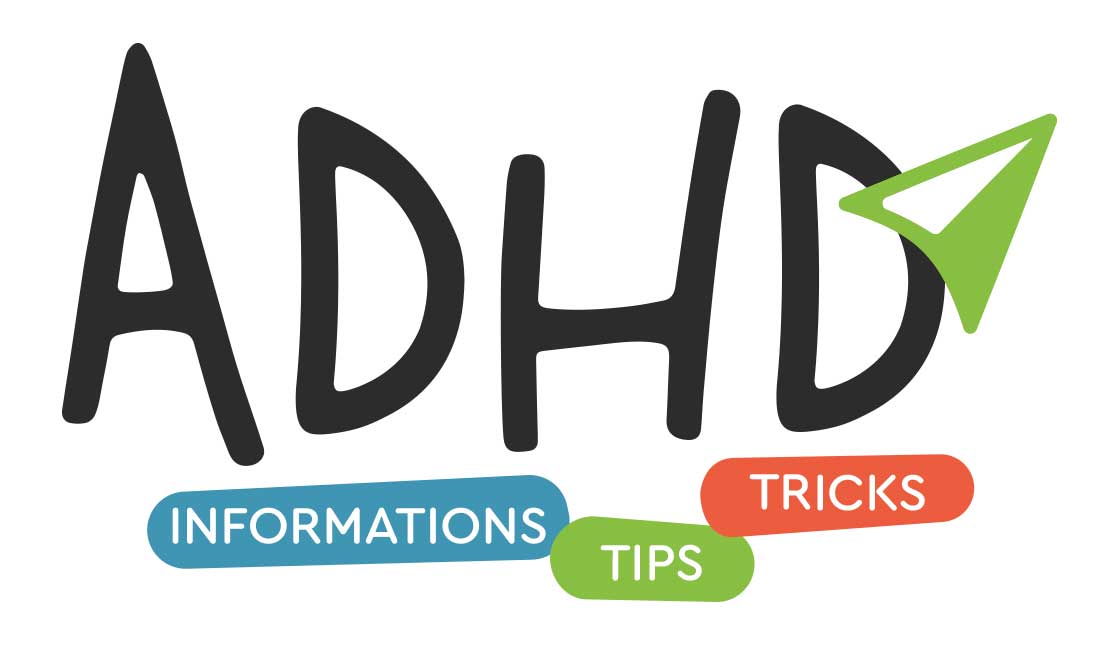Evaluating ADHD
A lot of psychiatric and medical pathologies, pathologic disorders and many complex psychosocial situations can lead to problems that look like ADHD or make it worse.
Diagnostic assessment follows a clinical process allowing not only to measure the intensity of the symptoms and their impacts but also to track down the problematics that can mimic or worsen ADHD.
A lot of psychiatric and medical pathologies, pathologic disorders and many complex psychosocial situations can lead to problems that look like ADHD or make it worse.
Diagnostic assessment follows a clinical process allowing not only to measure the intensity of the symptoms and their impacts but also to track down the problematics that can mimic or worsen ADHD.
Not everyone who has problems to focus or to sit still necessarily suffers from ADHD.

Consult
Diagnosis allows to understand and to put specific strategies in place
There is no need for a diagnosis to learn to better take care of ourselves and our close ones, to favor our attention, to implant winning routines and lifestyle, improve our communication and leadership models or learn how to deal with our emotions and our stress. Those are universal strategies that can help anyone, regardless the underlying problematic!
When those strategies are not enough, it is worth it to keep on questionning and pushing further the process clarifying the diagnosis to:
- Better understand what hides behind the symptoms.
- Identify the functional impacts.
- Target why and when intervene.
- Take specific actions (like a pharmacological treatment, when required).
- Taking care of our attention, adopting healthy habits and lifestyle, learning to manage our emotions and surrounding ourselves with people who offer kind guidance and support are key elements for everybody, ADHD or not!
It is important to remember a child is raised can modulate the expression of the symptoms and influence the evolution of the person living with ADHD.
A caring environment with a good level of help and support to compensate this disorder feeds self-esteem and can lower the risk of developing other problematics such as anxiety and behaviour disorders (i.e. : opposition, criminality).
To track ADHD and to understand how her brain works allows the affected person and her close ones to put many strategies in place to reduce its impacts (see the section TRICKS and TRAININGS).
When ADHD leads to significant impacts despite those strategies, when the «compensatory burden» is too heavy, it is important to consult a professional to get help to be able to develop your potential and lower the risk of showing associated problematics.

Assessing
Diagnostic process
Any person who has problems to focus or to sit still does not necessarily suffers from ADHD. It is important to see beyond the acknowledgement of the symptom and question ourselves about its origin. Somebody could be distracted, restless or impulsive for various reasons; it is not straight away due to ADHD.
The diagnostic assessment follows a clinical process that allows to measure the intensity of the symptoms and their impacts, but also to track down the problematics that can mimic or worsen ADHD.
There is no existing blood test, medical imaging or neuropsychologic test that can confirm or eliminate an ADHD diagnosis.

The diagnostic assessment is done by a clinical interview during which the physician or the professional* searches for the specific symptoms of ADHD, confirms the functional impacts, searches for problems that look like those of ADHD (differential diagnosis) or complicate it (associated disorders, also called « comorbidities » in the professional jargon).
For older people, it is necessary to not only explore the presence of symptoms in the childhood but also their persistence at the present moment.
The clinician checks with the individual (and his close ones as much as possible) the degree of impact in his functioning to target therapeutic strategies, allowing the necessity and the choice of treatment. Searching for related problems and diseases is essential to establish a personalised and efficient treatment plan.
The neuropsychological examination allows to better qualify and quantify the cognitive impairment, so it makes possible to work specifically on those through therapy, or to confirm or eliminate other possible diagnosis. However, these neuropsychological tests do not allow on their own the establishment of a diagnosis (there is no test specific to ADHD).
There are questionnaires that allow to quantify the symptoms’ intensity or functional impact, making it possible to measure the ADHD’s gravity. Some questionnaires can be answered by the patient himself and his close ones while others need a particular training and are conducted by professionals.
NOTE : *The types of professionals that are recognized for the diagnostic of ADHD vary from a country to an other. In Québec, it is done primarily by the family doctor, the psychologist or the neuropsychologist. When the situation shows complexity, depending on the foreseen problematics, an other professional or specialist may be asked to conduct a complementary evaluation. The diagnostic and therapeutic process being multidisciplinary, it often involves other health care professionals such as nurses, psychoeducators, specialised educators, social workers, speech therapists, occupational therapists and pharmacists (for the pharmacological component), as well as education professionals like teachers and resource teachers.
Learning
Learning disorders
It is possible to have an ADHD without meeting with any important difficulties in school. Generally, those who don’t have learning problems experience functional impacts in other spheres of their lives. However, ADHD frequently leads to learning disorders. If a learning disorder, a high intellectual potential or an intellectual impairment are suspected, it is recommended to complete the investigation with the help of the school psychologist or a neuropsychologist, whether you have a ADHD diagnosis or not.
The neuropsychologic assessment gives information on the superior cognitive functions like the IQ, the attentional capacity, the executive and memory functions.
An evaluation conducted by a specialist of the language (Speech Therapist) will allow, for its part, to establish the presence of an oral or/and speech disorder like dyslexia, dysorthographia (specific language disorder), dysphasia (primary language disorder) and dyspraxia (motor development disorder impairing, for instance, writing).
Specific interventions could be suggested according to the kind of learning or language disorder identified.
As well, if the person shows motor difficulties that impair his ability to learn (for example, to write), it is recommended to consult an occupational therapist.
The services suggested by the speech specialists and the specialised teachers will equip the person through his or her learning. Ask for the available resources in your region.

You would like to have more information
about the ADHD assessment process?
Visit our VIDEO section and choose the capsules corresponding to your interests. Enjoy your viewing!
You would like to have more information
about the ADHD assessment process?
Visit our VIDEO section and choose the capsules corresponding to your interests. Enjoy your viewing!
